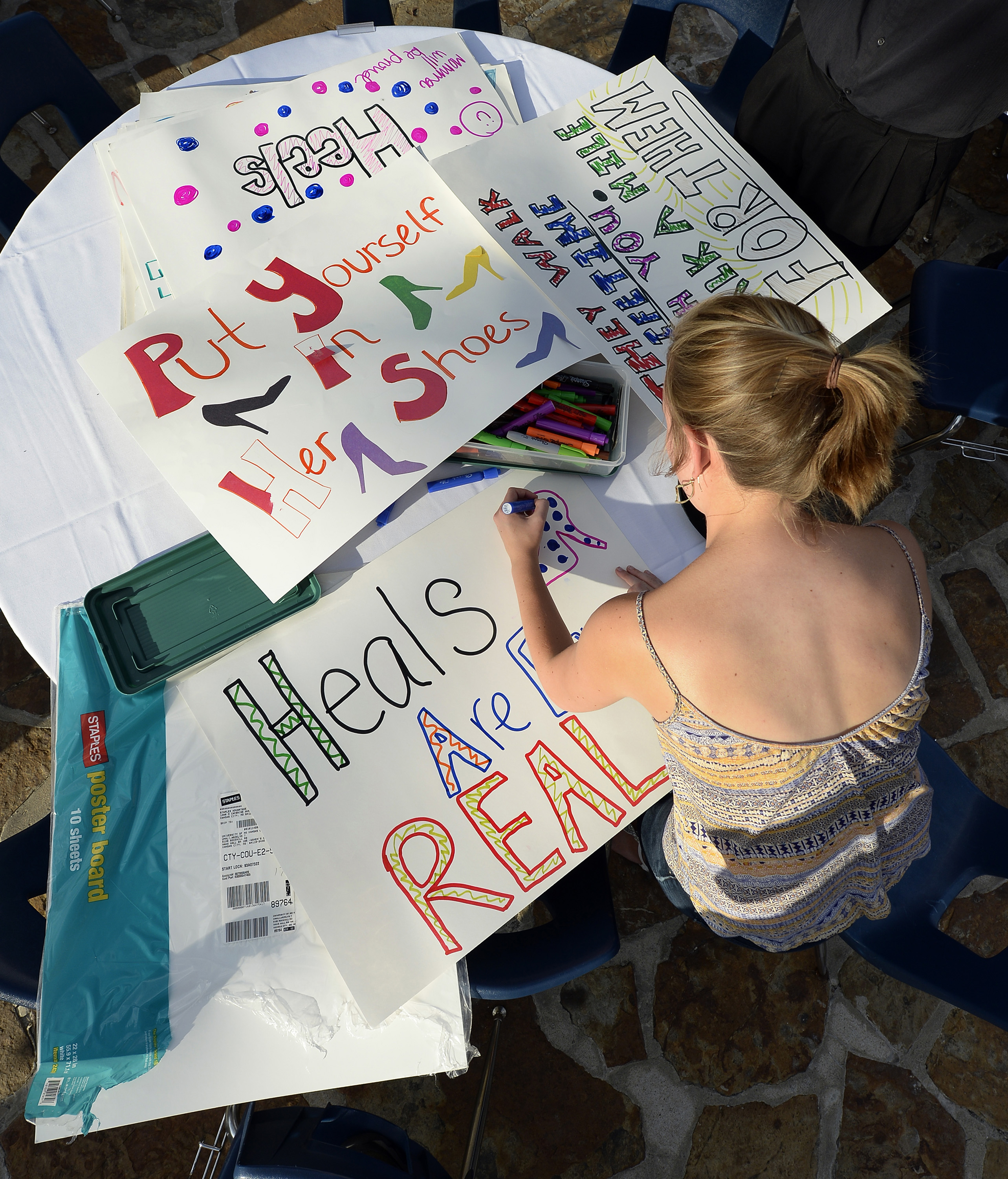Jacob Jardel
Managing Editor
@JJardel_Writing
Content warning: The following piece addresses topics of rape, sexual assault and related forms of sexual violence.
“We should not create a culture that suggests we learn that rape is wrong through trial and error.”
These words were part of a statement from Emily Doe, the victim in “People v. Turner,” the court case where a jury found Brock Turner guilty of assaulting Doe. The main landmark from this decision was the relative brevity of the sentence – six months, of which Turner only served three.
Such is the case with rape culture.
That phrase arises in almost any discussion of sexual assault, though some just as easily dismiss it. In her opinion piece for Time, Caroline Kitchens did just that. She said rape culture was nothing more than a theory that spread from hysterical feminism into the mainstream.
“Tolerance for rape,” she asked rhetorically, as if the assertion were a surprise. “Rape is a horrific crime, and rapists are despised.”
While there is congruence in the statement that rape is horrific, the derision toward rapists appears to only be in statement, if court proceedings like Turner’s are any indication. He penetrated Doe with his fingers without consent but only got three months of jail time.
But “Accountability and Entitlement” from the Sept. 12, 2016 issue of the Collegian already covered Turner’s specific case and other similar cases. This piece is going to cover the underpinnings of that case.
This piece is about rape culture as a whole.
April is Sexual Assault Awareness Month. It is a month about shedding light on the near epidemic that is rape and other forms of assault, providing support and understanding to victims everywhere.
There will probably be a conversation citing Rape, Abuse & Incest National Network (RAINN) statistics, like how just over 11 percent of college students experience assault or rape. Statistics such as these are important to keep in mind as we figure out ways to support victims.
But just as important are the people behind the numbers, victims like Doe and others who either suffer silently or receive a barrage of flak for mentioning they were assaulted. It is through these individuals that we can see the true nature of rape culture.
The Marshall University Women’s Center defines rape culture as an environment in which rape is prevalent, where media and popular culture excuse and normalize sexual assault, particularly against women.
One of the most prevalent examples is victim blaming. Take Doe, for instance.
“I was pummeled with narrowed, pointed questions that dissected my personal life, love life, past life, family life,” she said, “inane questions, accumulating trivial details to try and find an excuse for this guy who had me half naked before even bothering to ask for my name.”
Time’s Zerlina Maxwell experienced a similar situation after revealing she had been a victim of rape.
“Instead of support, many well-meaning people close to me asked me questions about what I was wearing, if I had done something to cause the assault or if I had been drinking,” she said. “These questions about my choices the night of my assault — as opposed to the choices made by my rapist — were in some ways as painful as the violent act itself.”
But where do these questions come from?
One origin could be from media. Songs like “Blurred Lines” top the pop charts while mirroring the words of actual rapists. Local news and sports shows mourn the loss of a promising athlete’s career after a guilty verdict for rape cases (see also, Steubenville).
Another could be the attitudes of some college campuses who work more toward lawsuit avoidance than survivor support (looking at you, Baylor).
But the real culprit at play is that the systematic downloading of an attitude culminates in teaching people how to avoid getting raped without prominently teaching people about how to not rape someone.
It’s not uncommon, people alluding to alcohol consumption, sexy clothing or the catch-all of “asking for it” as the reasons someone just could not help themselves. Meanwhile, reports of rape just receive comments about how boys will be boys, statements inflating the rate of false reports or other forms of trivialization or minimization.
And this attitude is not always vocally active. Rape jokes, tolerance for sexual harassment and general misunderstanding about “legitimate” rapes lend credence to a culture that rape is an unavoidable norm the victim has to try and prevent.
In actuality, it’s on everyone to diffuse the toxic rape culture.
Cameron is taking part in the It’s On Us campaign against sexual assault throughout April. There will be a multitude of events that bring awareness to rape and assault, culminating in a march later in the month.
But there are other things people can do every day. Speak up against sexual violence. Call someone out for making a rape joke. Read up on the components of rape culture and do whatever is possible to eradicate those actions from common discourse.
Most importantly, support victims of rape and sexual assault.
The attack leaves them in a traumatic situation. Interrogation and doubt will do nothing but pour salt in the wound. So be receptive, be helpful and be kind as they experience something nobody should have to.
Establish a different kind of culture around rape, since the current one clearly isn’t working.
If you or anyone you know is or has been the victim of rape or sexual assault, call (800) 656-4673 or visit hotline.rainn.org. All calls are free and confidential.

